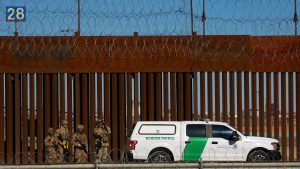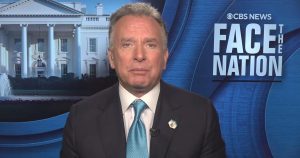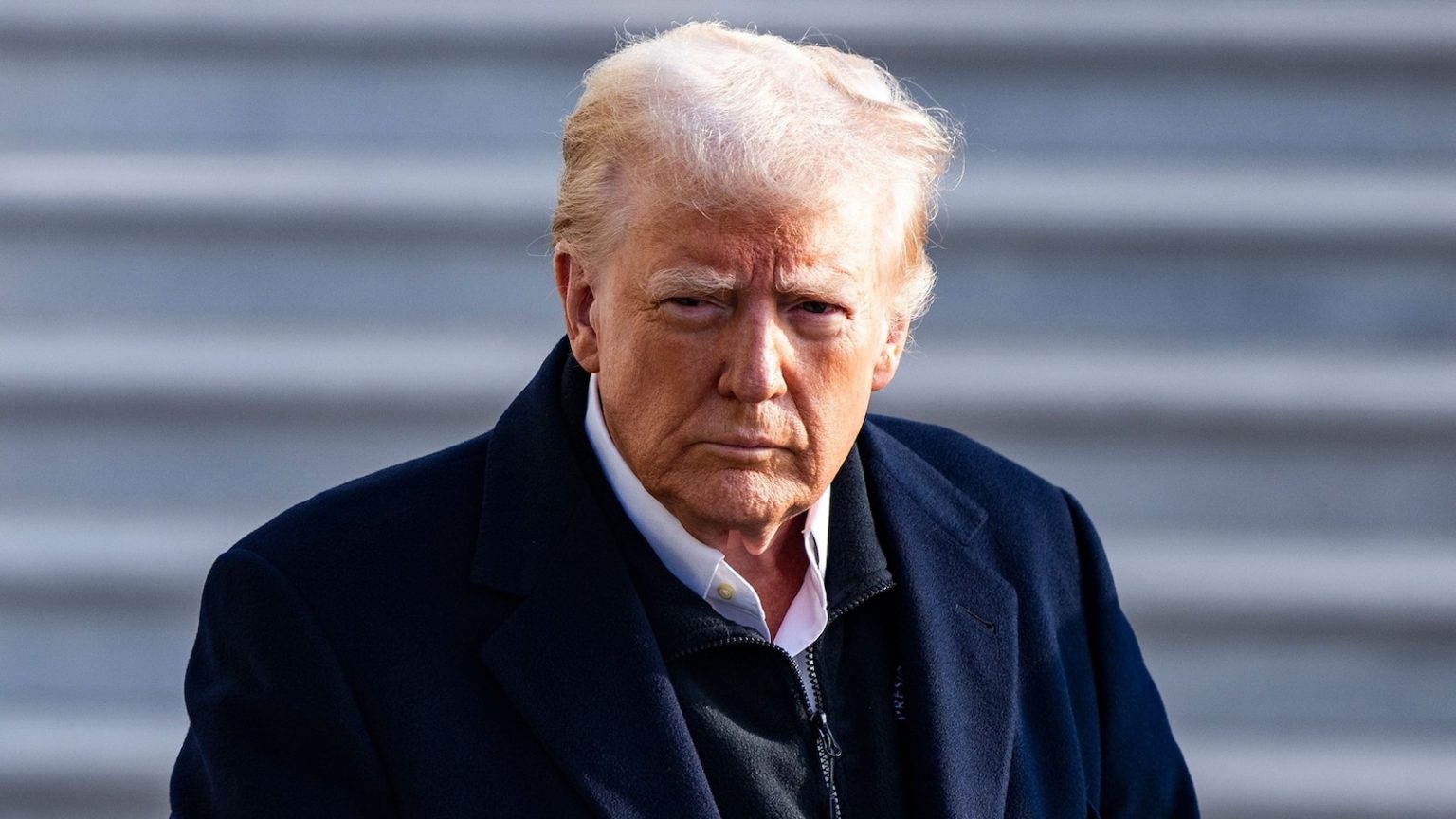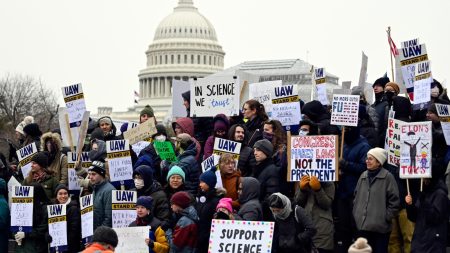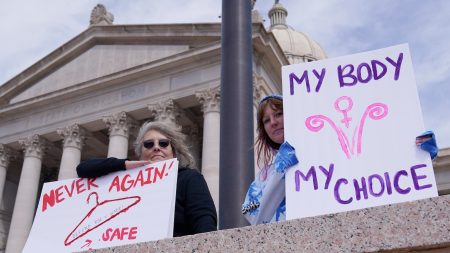Federal Health Agencies Face Major Changes Under President Trump’s Second Term
The first week of President Donald Trump’s second term saw significant changes across federal health agencies, particularly within the U.S. Department of Health and Human Services (HHS). These changes have sparked concerns among health professionals and the public alike, as they appear to impact critical functions and communications. One of the most notable changes was a directive from the Trump administration ordering HHS to cease all non-emergency external communications. This sudden pause has led to disruptions in routine operations, including the failure of the Centers for Disease Control and Prevention (CDC) to publish its decades-old weekly report, the Morbidity and Mortality Weekly Report (MMWR). Additionally, staffers at federal health agencies have been temporarily banned from traveling, and all collaborations with the World Health Organization (WHO) have been halted. These changes raise questions about the motivations behind such sweeping actions and their potential implications for public health.
HHS Directed to Pause External Communications
One of the most immediate effects of the new administration’s directives was a pause on all non-emergency external communications across HHS and its subordinate agencies, including the CDC, the Food and Drug Administration (FDA), and the National Institutes of Health (NIH). Two sources confirmed to ABC News that the directive was issued shortly after President Trump’s inauguration, with the stated purpose of allowing the new administration to establish a review and prioritization process for communications. While the pause was described as temporary, concerns have been raised about its potential to disrupt critical health information dissemination.
In a statement released on Thursday, HHS clarified that the pause applies to "mass communications and public appearances that are not directly related to emergencies or critical to preserving health." However, exceptions may be made on a case-by-case basis for announcements deemed mission-critical. Despite assurances that the pause is short-term, health officials have expressed unease, particularly if the freeze extends beyond a week or begins to interfere with regular operations. A CDC official, speaking to staffers in a Thursday call, noted that the agency is "awaiting guidance regarding scientific publications and hope[s] to have something pretty soon to share on that."
CDC’s Weekly Report Halted
Among the most concerning consequences of the communication freeze has been the CDC’s failure to publish its weekly Morbidity and Mortality Weekly Report (MMWR). Known as "the voice of the CDC," the MMWR has been a cornerstone of public health reporting for decades, providing timely, authoritative, and actionable information on disease outbreaks, mortality trends, and other critical health issues. The report, typically released on Thursday afternoons, serves as a vital resource for healthcare professionals, policymakers, and the public. Its absence has raised alarms, with many questioning whether this disruption could hinder the agency’s ability to respond to emerging health threats.
The pause in external communications has also left CDC staffers uncertain about the fate of other scientific publications and projects. In the Thursday call, a CDC official informed employees that they were still awaiting guidance from the new administration on how to proceed with scientific publications. The uncertainty has created a sense of limbo for the agency, which is tasked with protecting public health and ensuring the timely dissemination of critical information.
Temporary Ban on Travel for Health Officials
In addition to the communication freeze, the Trump administration has also imposed a temporary ban on travel for all employees within HHS. According to an audio recording of a call between CDC officials and staffers, the ban is effective immediately and applies to all future travel requests, regardless of purpose. Even employees who had accepted speaking engagements prior to January 20 were instructed to cancel their plans. The official emphasized that no travel requests would be authorized until further notice, leaving many health professionals unable to attend conferences, collaborate with international partners, or participate in other activities critical to their work.
This travel ban has sparked concerns about the potential isolation of U.S. health officials from global health discussions and initiatives. At a time when international collaboration is more important than ever, the inability of U.S. health experts to engage with their counterparts abroad could have serious implications for global health security. Additionally, the ban has created logistical challenges for employees who may have already incurred costs or made commitments related to their travel plans.
U.S. Withdrawal from the World Health Organization
Perhaps the most far-reaching change has been the Trump administration’s decision to withdraw the United States from the World Health Organization (WHO), a move that was formalized through an executive order signed on January 20. In the order, President Trump criticized the WHO for "mishandling" the COVID-19 pandemic, failing to implement urgently needed reforms, and being unduly influenced by other member states, particularly China. The president also claimed that the U.S. was "being ripped off" by the organization, a refrain he has used repeatedly in criticizing international institutions.
As a result of the withdrawal, federal health agencies have been ordered to halt all work on projects involving the WHO. This includes collaborative efforts on global health initiatives, research projects, and other activities that rely on international cooperation. The move has been met with widespread criticism from the global health community, which argues that the WHO plays a indispensable role in coordinating responses to global health crises. By withdrawing from the organization, the U.S. risks undermining its own influence on the world stage and diminishing its ability to address health challenges that do not respect national borders.
Implications of the Changes
The changes implemented during the first week of President Trump’s second term have far-reaching implications for the operations of federal health agencies, their ability to communicate with the public, and their capacity to engage in global health efforts. While the pause on external communications and the travel ban may be temporary, they have already begun to disrupt critical functions and create uncertainty among health professionals. The withdrawal from the WHO, on the other hand, represents a more permanent shift in U.S. policy, with potential consequences for global health governance and cooperation.
As the new administration continues to implement its vision for federal health agencies, it remains to be seen how these changes will impact public health outcomes, both domestically and internationally. While some may view the measures as necessary to streamline operations and assert U.S. independence, others fear that they could weaken the country’s ability to respond to health crises and collaborate with global partners. For now, health officials and the public alike are left to navigate a period of uncertainty, hoping that the disruptions will be short-lived and that critical functions will soon resume.

